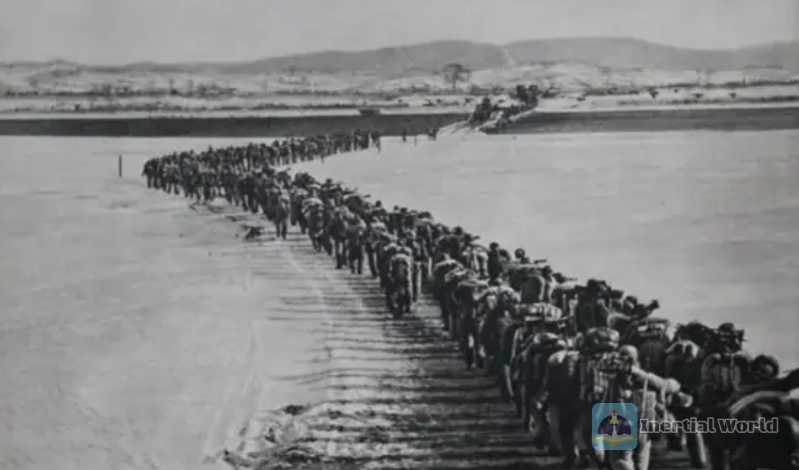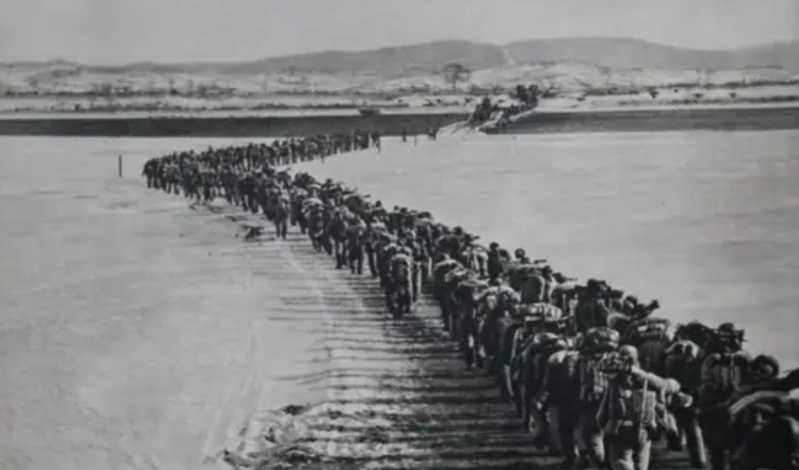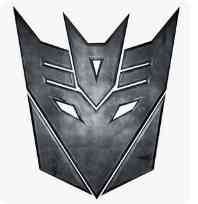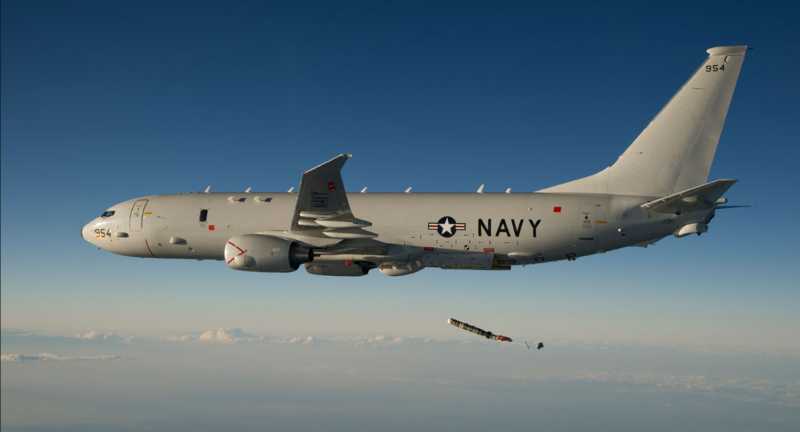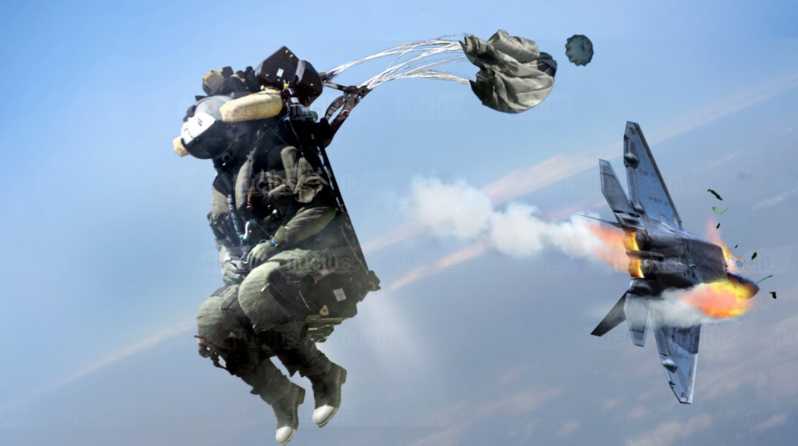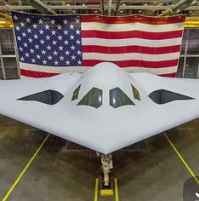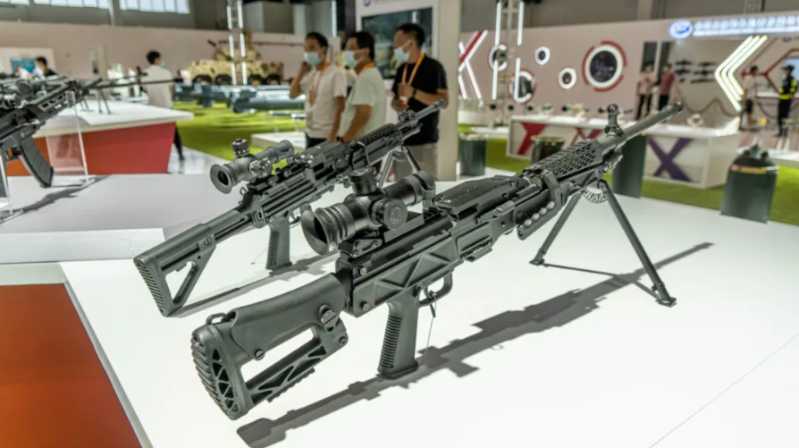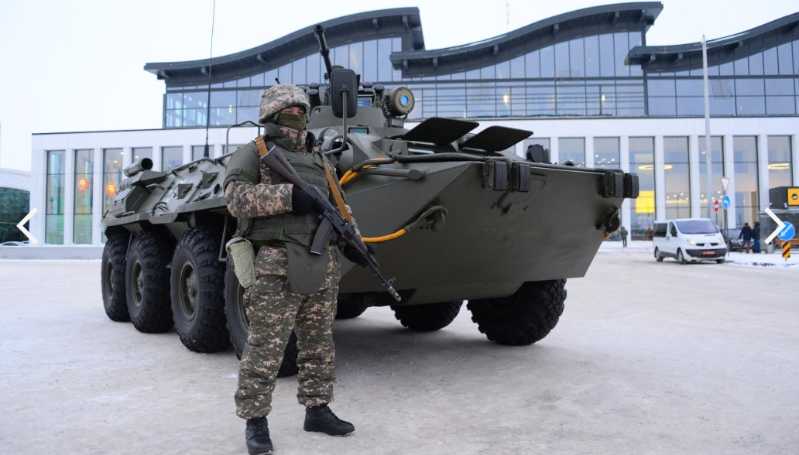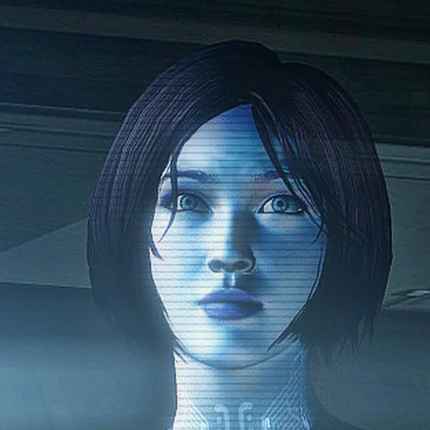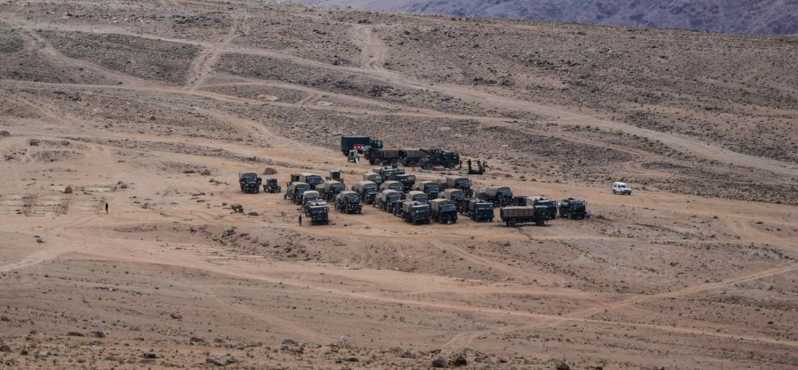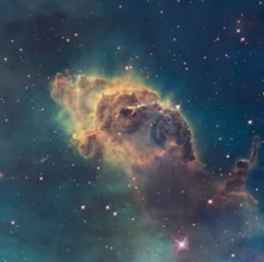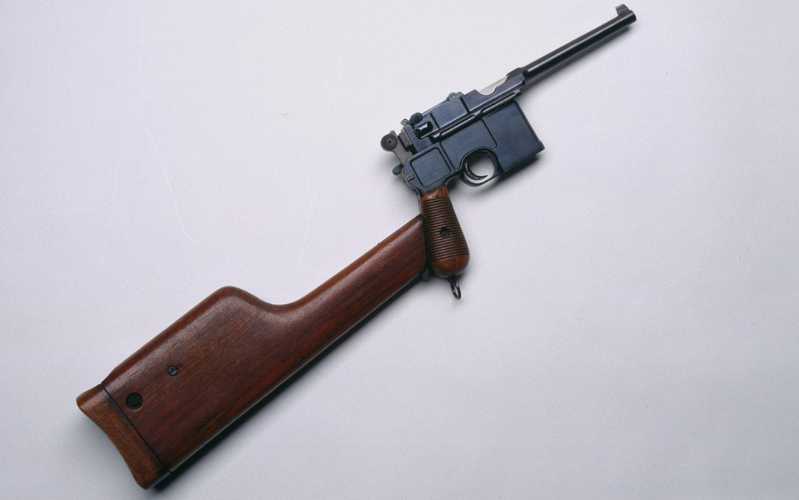The origin of the Korean War actually has nothing to do with North Korea, but a plan made casually by a big country can cause huge storms for small countries. The destiny of a small country does not belong to itself, or it seems to belong to itself, and this is still the case today.
On February 2, 1950, in Pyongyang, North Korea. Soviet Ambassador to North Korea Shtykov received an extremely unusual telegram. The special thing about this telegram is not that it is top secret. As a communication messenger between the Soviet Union and North Korea, top secret telegrams are not uncommon for Shtykov. The rare thing about this telegram is that its core content itself is to let Kim Il-sung "keep it secret":
"Please explain to Comrade Kim Il-sung that under the current circumstances, the issue he wants to discuss with me should always be confidential.
This matter cannot be told to any other North Korean leaders and Chinese comrades."-The sender of the telegram is Stalin. As you think, there is a conspiracy behind this telegram.
1. Unexpected permission for war
In 1949, the theme of the Korean Peninsula was "no movement". In the first half of the year, South Korea’s military strength was much stronger than North Korea, and the United States asked Lee Seung-man not to move. In the second half of the year, North Korea asked the Soviet Union and China for help, and its military strength surpassed South Korea in one fell swoop. Then, the two big brothers held down Kim Il-sung together and asked him not to attack southward.
The reason behind it is also very simple. The strategic focus of the United States and the Soviet Union is completely on Europe. They basically have no idea about Asia, and they are both satisfied with the current situation. As a result, both sides have adopted the strategy of "the enemy does not move, I do not move".
The two new and immature regimes in the north and the south have no courage and ability to violate the powerful empire behind them. Under the restrained attitude of the United States and the Soviet Union, despite the constant conflicts on the 38th parallel, the Korean Peninsula still spent 1949 peacefully.
Gradually, both the North and the South more or less felt the thoughts of the bosses behind them. At this time, Lee Seung-man, a political veteran with a disadvantaged military force, was more able to accept the current situation, while Kim Il-sung, who was young and energetic and had an advantage in strength, was really depressed.
On January 17, 1950, Kim Il-sung "drank his sorrows in wine" at a dinner party, and pulled the Soviet ambassador to North Korea, Shtykov, to complain, saying that he could not sleep at night, "If the liberation of South Korea and the reunification of the motherland are delayed, he will lose the trust of the Korean people."
As usual, Shtykov reported Kim Il-sung’s remarks to Stalin. He added his own judgment at the end: "It seems that Kim Il-sung’s words were not accidental, but premeditated... Kim Il-sung repeatedly emphasized that he hoped to listen to Comrade Stalin’s views on the situation in South Korea, because he had always wanted to launch an attack."
Although he was a little young, Kim Il-sung was a qualified politician. He knew that his complaint would not have any decisive impact. He just reiterated to Stalin his wish to unify Korea. Kim Il-sung knew that personal feelings were worthless in international politics. I am afraid that even he himself did not have any hope for this drunken talk. Therefore, when Shtykov came to convey Stalin’s reply to Kim Il-sung on January 31, Kim Il-sung could not believe his ears.
Stalin’s reply to Shtykov was as follows: "If Kim Il-sung wants to discuss this matter with me (attack South Korea), then I am ready to meet him and talk to him at any time. Please convey this to Kim Il-sung and tell him that I am ready to help him in this matter."
Stalin agreed with Kim Il-sung to attack South Korea! Even Kim Il-sung found this matter unbelievable, so much so that after hearing the message, he had to confirm with Shtykov again: "So, can I meet Comrade Stalin on this issue?" After getting Shtykov’s affirmation, Kim Il-sung was ecstatic and immediately began to prepare for a visit to the Soviet Union.
Two days after Kim Il Sung received the permission, Stalin sent another telegram, asking Shtykov to tell Kim Il Sung that the matter must be kept absolutely confidential, and that it must be kept secret from Chinese comrades. (The telegram at the beginning of this article) Although Kim Il Sung did not quite understand why it had to be kept secret from China, he just did what his boss said.
In April 1950, Kim Il-sung arrived in Moscow and had a secret meeting with Stalin. Because the conversation was not recorded, no one knew what they talked about, but the result of the meeting was very clear:
1. Stalin formally approved Kim Il-sung’s plan to attack the south;
2. Stalin required that Kim Il-sung must obtain China’s permission before attacking.
Up to this point, Stalin’s behavior became more and more weird: Stalin, who had previously specifically requested that China must keep it secret, now required Kim Il-sung to obtain China’s consent.
Not only that, after Kim Il-sung returned to China, in order to ensure that Kim Il-sung would confirm the offensive plan with China, Stalin kept urging Kim Il-sung to visit China, and on May 3, he sent Chairman Mao a strange telegram with vague words: "North Korean comrades have come to us, and the results of the talks with them will be reported to you in a few days."
The telegram was completely meaningless and there was no follow-up. The Soviet Union did not continue to inform China of anything. It was not until May 13, when Kim Il-sung arrived in Beijing, that Chairman Mao finally learned that North Korea’s offensive plan had been approved by Stalin. Chairman Mao’s first reaction was, "No, I just came back from Stalin. He didn’t mention this to me."
The matter was of great importance, and Chairman Mao asked Premier Zhou to contact the Soviet Union for confirmation overnight. Stalin quickly replied:
"Comrade Mao Zedong!
In the talks with the North Korean comrades, Filippov and his friends proposed that in view of the changes in the international situation, they agreed with the North Koreans’ proposal to achieve unification.
At the same time, he added that this issue must ultimately be resolved by the Chinese and North Korean comrades together. If the Chinese comrades disagree, they should discuss and resolve this issue again."
This news was a bolt from the blue for China. At this time, the People’s Liberation Army was making final preparations for the liberation of Taiwan on the southeast coast, and it was not far from launching an attack. At this juncture, Stalin approved North Korea’s preemptive action to start a war, which was not a good thing for China in any case.
Chairman Mao was in a huge dilemma. Although Stalin kept saying "If the Chinese comrades disagree, they should discuss and resolve this issue again", it seemed that he respected Chairman Mao’s opinion very much. However, Stalin knew that from the Chairman’s position, there was actually no way to refuse Kim Il-sung’s request!
As the Chairman worried, Stalin could not so easily give up the Port Arthur, Dalian and Manchuria Railways that he had already obtained. The conspiracy in front of him was a whole set of plans that Stalin had already begun to plan the moment he gave up the Sino-Soviet Friendship and Alliance Treaty.
2. Stalin’s perfect plan
As mentioned above, both the United States and the Soviet Union have adopted a clear restrained attitude in Asia, and the most obvious sign of this restrained attitude is that both sides withdrew from the Korean Peninsula in 1948 and 1949, and gave their puppets clear orders not to take the initiative to launch an attack.
However, just one year later, in January 1950, the Soviet Union changed its Asian strategy and gave the green light to Kim Il-sung’s offensive plan. This means one thing: either the Soviet Union changed its strategic focus (from Europe to Asia), or the situation in Asia changed.
There is no evidence that the Soviet Union changed its strategic focus at that time, so the origin of Stalin’s decision could only come from the change in the situation in Asia.
Looking back at January 1950, only two major events happened in Asia this month:
First, the United States issued two statements on January 5 and January 12. In addition to nakedly showing goodwill to China, it also stated that Taiwan and South Korea would no longer be under the protection of the United States;
Second, after Chairman Mao’s arduous diplomatic struggle, the Soviet Union agreed in January 1950 to revise the Sino-Soviet Treaty of Friendship and Alliance signed with the Kuomintang in 1945, and prepared to return Lushun, Dalian and the Manchuria Railway to China.
(If you are not familiar with this period of history, you can read the previous chapter "Chapter 2 of the Korean War: The Origin of the War")
At first glance, the US announcement that it would no longer protect the South Korean region seems to be directly related to Stalin’s decision. But if you think about it carefully, you will find that the reason why the Soviet Union did not allow North Korea to start a war is that "starting a war is not good for the Soviet Union"-even if it wins, the only one who benefits is Kim Il-sung himself. And this problem has not changed because the United States does not protect South Korea. In other words, the US non-interference statement is equivalent to providing convenience for North Korea’s attack, but it is not enough for the Soviet Union to allow North Korea to attack.
The abolition of the Sino-Soviet Friendship and Alliance Treaty is completely different. This incident completely changed the Soviet Union’s interests in Asia. After being forced to agree to return Lushun, Dalian and the Manchurian Railway, the Far East outlet that the Soviet Union had finally obtained disappeared again. At this time, Stalin naturally wanted to help the Soviet Union find the next outlet. The most interesting thing is that the outlet that can replace Lushun has always been in front of us, that is, the Korean Peninsula.
As early as 1945, the Soviet Ministry of Foreign Affairs reported to Stalin many times that Busan, Jeju Island and Incheon on the Korean Peninsula were all high-quality ports suitable for the Soviet Union to use, and suggested that Stalin try to bring these three ports under the control of the Soviet Union.
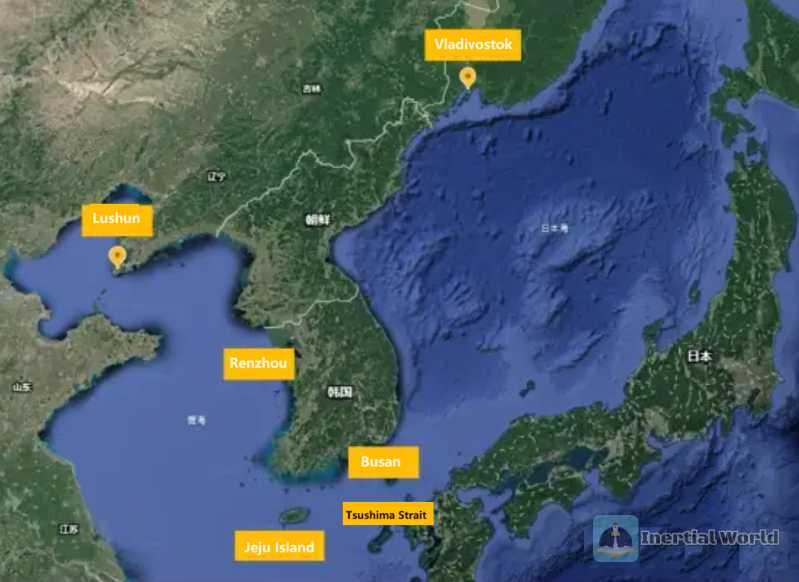
The truth is correct, but for Stalin, this matter is a bit troublesome-because these three ports are all south of the 38th parallel, and the difficulty of digging out three ports from the control of the US military can be imagined. At this time, Chiang Kai-shek had signed the Sino-Soviet Friendship and Alliance Treaty with Stalin. Since he already had Port Arthur in his hands, Stalin naturally had no motivation to compete with the United States.
The current situation is completely different. Since Port Arthur is about to be taken back by China, Stalin immediately thought of the Korean Peninsula. A huge chain of plans took shape in Stalin’s mind:
The first step is to agree to Kim Il-sung’s attack on South Korea. At this time, the United States just announced that it would abandon South Korea, which is a once-in-a-lifetime opportunity;
The second step is to get China to agree to Kim Il-sung’s offensive plan. This step is very critical and not difficult to do. I will explain it in detail later;
The third step, the most important step is here. Regardless of whether Kim Il-sung’s offensive is successful, Stalin can realize the Soviet Union’s dream of regaining a non-freezing port:
1. If Kim Il-sung’s offensive is successful, the entire Korean Peninsula will belong to Kim Il-sung. Then, as the big boss behind Kim Il-sung, Stalin can easily ask Kim Il-sung to give him a port. This request is not excessive. After all, all the weapons and equipment of Kim Il-sung’s entire army are supported by the Soviet Union.
2. If Kim Il-sung’s attack failed, it would inevitably mean that the Americans had joined the war (otherwise, North Korea, which was supported by the Soviet Union and China, would have no chance of defeat), which led to another consequence, that is, China began to be threatened by the United States.
In the "Sino-Soviet Agreement on China’s Changchun Railway, Lushun Port and Dalian" just signed, there is such a special supplementary clause: when either China or the Soviet Union is threatened militarily by Japan or other countries colluded by Japan, China and the Soviet Union can jointly use the Lushun Port naval base to facilitate joint combat. And this clause was proposed by China, because China did not even have a proper navy at the time. If there was a real war, China itself would be unable to protect the Lushun military port, and of course it would need the help of the Soviet fleet.
According to this clause, once the US military joins the war, the Soviet Union can naturally stay in Lushun. Therefore, after Stalin allowed Kim Il-sung to attack, no matter what the outcome of the Korean War was, the Soviet Union would be the winner: if North Korea won, the Soviet Union would get the port on the Korean Peninsula; if North Korea lost, the Soviet Union would continue to occupy Lushun. No matter what the outcome of the war was, the Soviet Union would definitely find its own outlet to the sea.
What’s more terrifying is that Stalin’s considerations were more than just this. In the worst case, North Korea might be completely annexed by South Korea, and the US military would fight all the way to the Yalu River. At this time, China’s Northeast was in danger. In Stalin’s eyes, the Chinese army had no ability to fight the US military at all. Once the US military was stationed on the Yalu River, China would have no choice but to request the Soviet army to directly enter the Northeast. And once the Soviet army entered the Northeast, the Soviet Union would probably want more than just a Lushun port. This was Stalin’s perfect plan.
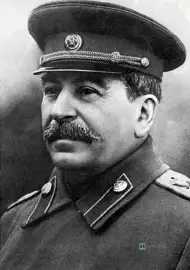
Three, the chain of conspiracies
Stalin’s strategy was undoubtedly brilliant, but the only problem was that it was a complete conspiracy to harm others and benefit oneself. It was a naked conspiracy to sacrifice the interests of its allies (China and North Korea) to enrich the Soviet Union.
Therefore, in order to implement this plan, Stalin had to be careful in every step.
The first step was to "not tell Chinese comrades" at the beginning of the plan, especially not to let Chinese comrades know about this when the Chairman was still in the Soviet Union, because China would immediately realize that this matter was 100% related to Lushun.
The second step was that Kim Il-sung must inform China of North Korea’s offensive plan, and must obtain the permission of the Chinese.
Everyone should understand that it is very important who tells China that North Korea has launched an attack. The same thing has completely different effects when told by Kim Il-sung or Stalin. I will analyze it for you and it will be clear.
First of all, let me give you some background. One year ago in 1949, the People’s Liberation Army eliminated the main force of the Kuomintang army in the north of the Yangtze River. The Kuomintang’s 2 million elite troops were wiped out. When the PLA’s million-strong army was about to cross the Yangtze River, Stalin suddenly forwarded to Chairman Mao a letter sent by the Kuomintang’s acting president Li Zongren to the Soviet Union hoping for a ceasefire and negotiations, which meant that he suggested Chairman Mao to cease fire and negotiate. Chairman Mao was furious on the spot: You have hardly helped us for so many years in our Chinese revolution. Now we are about to unify all of China, and you want me to stop unification? Does the Soviet Union want China to be divided forever?
In extreme anger, Chairman Mao replied to Stalin with a telegram, clearly stating that the Chinese Communist Party would "carry the war of unification to the end." Stalin quickly changed his words and replied, "That’s not what I meant. I meant that we can use the KMT’s peace talks as a pretense and put the blame on the KMT for starting the war." Since Stalin had found a way out for himself, Chairman Mao also pretended to be enlightened. On the surface, everyone restored harmony, but the grudge of "no unification" was formed in the hearts of both sides.
Therefore, in 1950, when Taiwan had not yet been liberated, Stalin could not tell Chairman Mao that he agreed to let North Korea attack South Korea first. Everyone knew that South Korea was protected by the United States. Once the little brother was attacked, the United States might do something. Stalin let North Korea take the first step, which was almost intentional to prevent China from liberating Taiwan. Chairman Mao might have questioned Stalin on the spot whether he "did not allow unification" again.
However, the same sentence, spoken from Kim Il-sung’s mouth, had a completely different nature.
The relationship between Kim Il-sung and China is not complicated at all - basically there is no relationship. China’s main support for North Korea is to send 40,000 North Koreans in the People’s Liberation Army back to North Korea, but this can be understood as a return for North Korea’s help to China in the past, and it is not completely China’s free aid.
Without support, there is no right to speak. Kim Il-sung wants to unify his country, and the Soviet Union, which has given North Korea all military resources, has agreed. At this time, Kim Il-sung actually does not need China’s permission at all. In other words, if Chairman Mao said to Kim Il-sung, "No, no attack", would Kim Il-sung really obey and stop fighting?
On the contrary, this fell into Stalin’s trap. Stalin could easily find countless excuses to let Kim Il-sung launch an attack directly, and then he could also put a hat of "no unification" on Chairman Mao’s head.
In 1956, Chairman Mao and Soviet Mikoyan had the following conversation:
Chairman Mao: "...(before the Korean War) Kim Il-sung came and said that Stalin agreed. I thought that two of the three countries had agreed, so I did not firmly oppose it. Of course, even if I firmly opposed it, it would not work."
Mikoyan: "Yes, you can’t oppose it either."
Therefore, after learning of Stalin’s attitude, Chairman Mao could only make the most sensible choice at the moment - agreeing to Kim Il-sung’s offensive plan.
Stalin’s chain of plans was completed. Once China agreed to Kim Il-sung’s plan, then no matter what happened next, China could not blame the Soviet Union and North Korea, and there was no reason to prevent the Soviet Union from continuing to occupy Port Arthur.
Kim Il-sung, who had obtained permission, happily ran back to North Korea and began to plan the war. The young leader had an incomparable confidence in his own strength. After that, he rarely informed China of the news of the Korean War.
Unlike the optimistic Kim Il-sung, Chairman Mao, who fought for countless days and nights between life and death to finally establish his own country, had a premonition of the coming of the storm. After knowing that North Korea was going to attack South Korea, he included this matter as a top priority in his work. As the Chairman expected, the newly born China will soon face the first major test of life and death.
Author’s comments
1. One thing must be explained. No one knew about Stalin’s thoughts on the Korean War at the time. Even long after Stalin’s death, there are still many different opinions about the initiation and source of the Korean War.
This is not surprising, because politics is the most complex, sophisticated and terrifying thing created by human beings, not to mention international politics, which is the ceiling of human IQ and the battlefield where the top smart people in each era compete. Generally speaking, it is very good if a small part of the political behavior and strategy between countries can be figured out by future generations within a few decades, and most of them are buried with the leaders of the year.
2. Now we can roughly understand Stalin’s thoughts at that time, and one person we must thank is Mr. Shen Zhihua. After the disintegration of the Soviet Union, the country was in chaos, and for a while all the top-secret files were made public. Mr. Shen went to the Soviet Union at his own expense of 1.4 million yuan to buy a huge amount of top-secret files (1.4 million in the 1990s), including a large amount of information related to the Korean War. Mr. Shen Zhihua slowly figured out Stalin’s extremely insidious chain of schemes through continuous exploration and research on these materials.
Of course, no one dares to say that this statement is absolutely correct, but I think it is the most logical and consistent statement with the data at present, and it is basically close to the truth.
3.But then again, I only agree with Mr. Shen Zhihua’s purchase of the data, and I don’t agree with many of his political views.
4,There are several reasons why the Chinese do not hate Stalin. First, the establishment of New China marks the awakening of the Chinese people and the birth of a country with super organizational capabilities. No matter what conspiracy Stalin has, it cannot substantially harm China. Second, Stalin is a very rational politician. All his actions are based on the interests of the Soviet Union, which makes his behavior highly predictable. He will weigh the pros and cons and decide what options are beneficial to the Soviet Union. You can figure out what he will do next as long as you consider his perspective. For example, soon after Khrushchev, who succeeded him, came to power, he wanted to find China to form a joint fleet and plotted to take over Chinese ports. Chairman Mao got angry on the spot, "What does a joint fleet mean? Who will command it?" Khrushchev was so angry that he cut off industrial aid to China and even went to war with China. Stalin would never do such a stupid thing. Khrushchev felt that the Soviet Union had provided so much aid to China and laid the foundation for China’s industrialization. It was not too much to ask for a port. For Chairman Mao, China’s sovereignty could not be touched. If Stalin had hit a snag on this matter, he would have weighed the pros and cons and considered, what are the consequences of my falling out with the Chinese? The barrier of Asia is gone, the most powerful ally in the socialist camp is gone, from now on, in addition to facing the United States in Europe, I will also face a hostile China in Asia. Am I crazy? Falling out with China for a port? Stalin would never push China to the United States because of anger. Third, most Chinese are realists. They think about problems without political correctness, common values, or universal values. They only start from the actual conditions and think about how to achieve their goals. This way of thinking is highly consistent with Stalin. To be fair, if the later leaders of the Soviet Union had the same ability as Stalin, the Soviet Union would not have disintegrated. So after Stalin’s death, the Chinese even missed Stalin, because having a rational partner like Stalin could enable the relationship between the two countries to develop smoothly. As a result, a fool like Khrushchev destroyed Sino-Soviet relations within a few years after he came to power. The Soviet Union did not get any benefits and created a strong enemy out of thin air. Khrushchev not only destroyed Sino-Soviet relations, but also denied everything about Stalin. Criticizing Stalin from the national level is extremely stupid. This criticism is shaking the ruling foundation of the Soviet Communist Party. There is no problem in criticizing Stalin, but you can only summarize Stalin’s mistakes in a small range within the party and correct the policies you think are wrong. Criticizing Stalin nationwide will make the people think that your party is unreliable. Since Stalin is so bad, how could you let him lead the country for so many years? How do you prove that the current leaders will not be as bad as Stalin? The last point is that the Chinese now look at Russia like Americans look at Canada. China is not a small country in Eastern Europe. Russia is not a threat to China at all. Why hate the former leader of a raw material supply base and commodity sales market? In fact, except for Japan, China does not hate the Western powers that invaded China in the past. This is all based on reality. China has strong strength and can obtain practical benefits by cooperating with the West. Western countries used to just rob China. Who hasn’t been robbed? Japan is completely different. In World War II, China paid the price of 35 million casualties. Japan frequently committed massacres in China, which is genocide. Today, the Japanese still pay homage to the war criminals who committed massacres in China. The Japanese are completely unaware of how severe the reckoning will be in the future.
Epilogue
Stalin’s unbeatable plan is flawless.
Whether it is the control of the situation, the grasp of the timing, the estimation of the psychology of various countries, or the plans for various possible situations in the future, they have all been done to the best and are simply impeccable.
After North Korea launched the attack, everything was operating completely according to Stalin’s script:
Watching the US military join the war;
Watching the entire Korean Peninsula fall;
Watching that Northeast China is about to be threatened by American aircraft and artillery;
Watching that the invincible strategy is about to become another classic conspiracy of Stalin.
Until a unit turned the tide.
This unit defeated the US military’s indomitable advance with its unparalleled strength;
This unit shattered all of Stalin’s beautiful fantasies with its outstanding achievements;
This unit turned the “invincible plan” into a conspiracy that almost no one knew about and was in pieces.
This unit, which created an unprecedented feat, has a very special name. To this day, this resounding name is still sung in the hearts of the Chinese:
Chinese People’s Volunteer Army.
